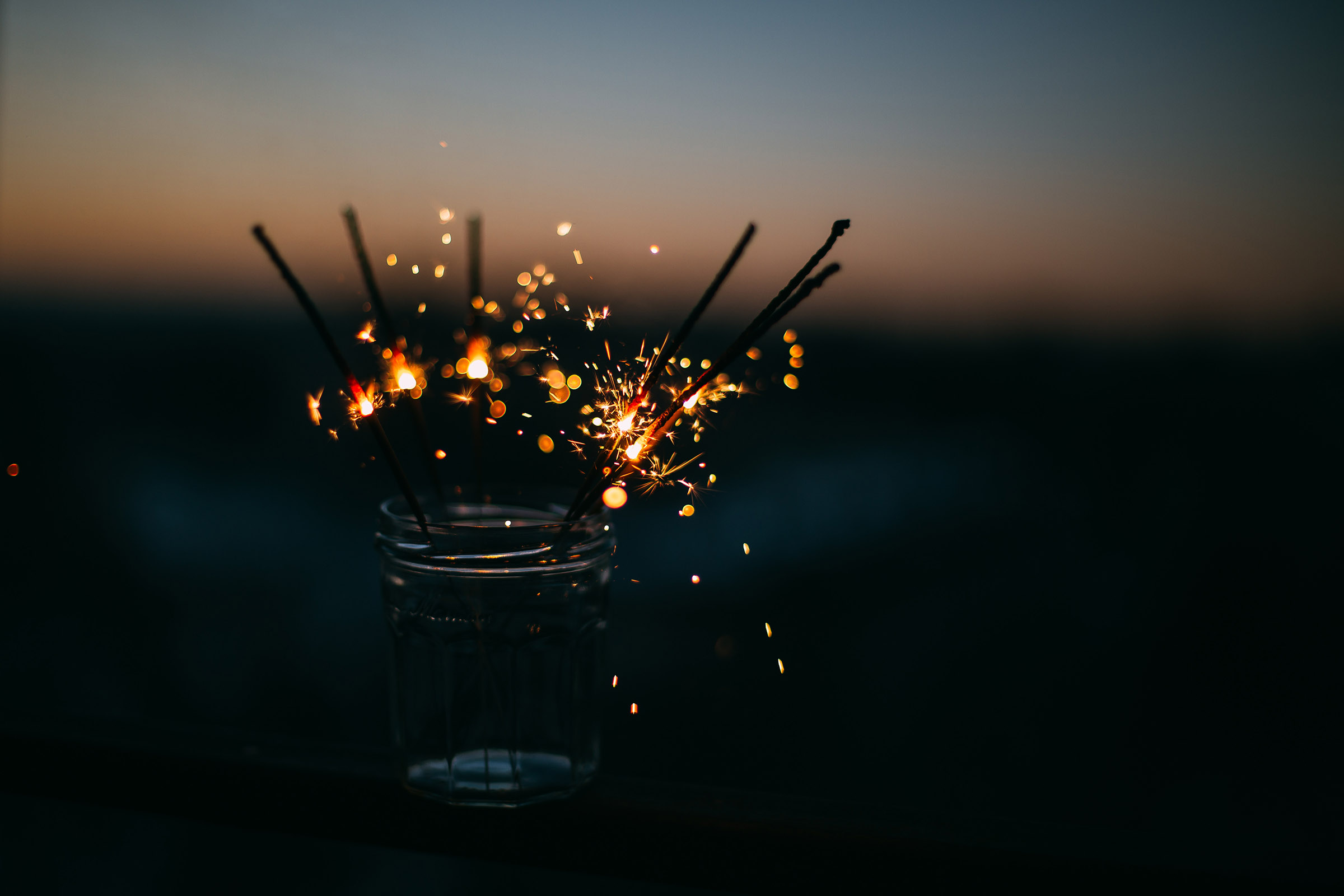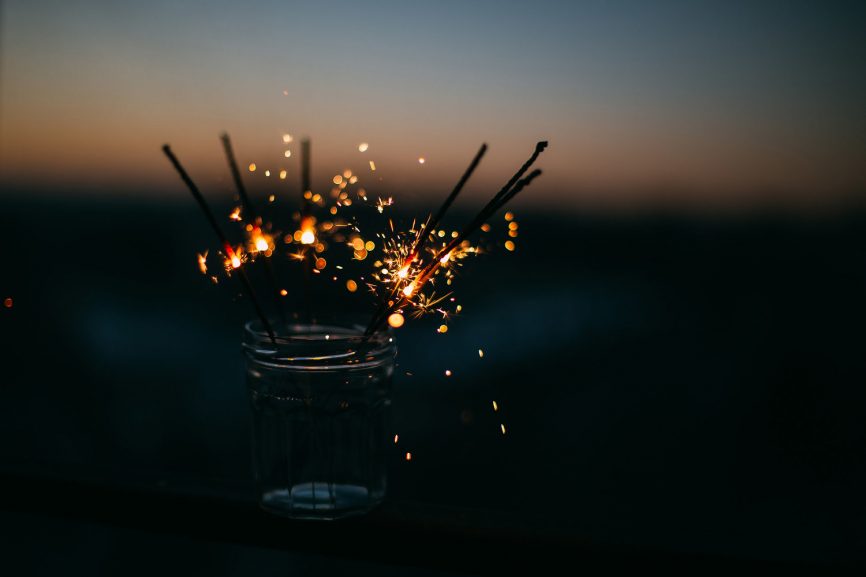If you are in the United States like I am, your inboxes, social media feeds and televisions have been full of the colors and sounds of patriotism. July 4th brings forward a host of activities and emotions for much of the nation. Some look forward to the fun that the week brings – one filled with cookouts, fireworks and friends. Others celebrate the freedoms that a country like the USA gives them. And others remain ever-mindful of the persistent ways that persons for whom privilege is not afforded are minimized and criminalized in a country that claims equality for all.

A friend reminded me of a poem that should carve its way into our psyches as we look to the work we are doing. Langston Hughes, in the powerful “I, Too,” speaks for the second-class, those excluded. As a poet, novelist, fiction writer, and playwright during the Harlem Renaissance, Hughes uses this work to respond in a way that makes white folks stand up and pay attention.
I, Too
I, too, sing America.
I am the darker brother.
They send me to eat in the kitchen
When company comes,
But I laugh,
And eat well,
And grow strong.
Tomorrow,
I’ll be at the table
When company comes.
Nobody’ll dare
Say to me,“
Eat in the kitchen,”
Then.
Besides,
They’ll see how beautiful I am
And be ashamed—
I, too, am America.
~Langston Hughes
And that’s the question we must ask ourselves this week – who is singing? Are we allowing space for the singing of the migrant and the child caged at our borders? Are we encouraging melodic sounds from inside our prison industrial complex? Do we hear the voices of those who hug the margins? Are we echoing the tune of those who worship, live, and love differently than we do?
Even more importantly, are we able to find ways to amplify these songs in a way that others hear them as well?

